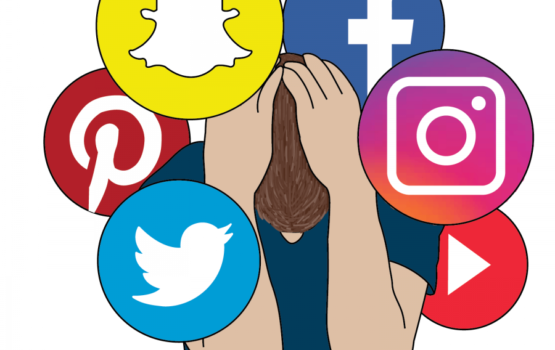How Much Would You Charge To Give Up Your Privacy?

How Much Would You Charge To Give Up Your Privacy?
Nothing in life is free. It’s an old saying that is oh so true when it comes to the digital world. G-mail, Hotmail, Search Engines, Facebook, Instagram, even that Wi-Fi hotspot where you get an internet connection are not free right? Not a chance.
When you sign up or even simply use ‘free’ digital services you’re trading something without realising it. Data. If data is the new oil then personal data is equivalent to Tapis, the Malaysian crude benchmark and most expensive crude oil in the world. Every ‘Like’, ‘Tweet’, ‘Follow’, ‘Comment’, Search, View, Scroll, Location, and Click tells the service provider something about you, the user. Those actions, or inactions, form a pattern which tells a story about you and your preferences. While some providers may directly sell this information to third parties, the more advanced and crafty players sell advertising space that target you specifically. Is that a good thing or is it bad and hints at a growing trend of despotism? It depends. Some will argue that we live in a highly commercialised and connected world and if advertising is to be displayed then wouldn’t it be better to show products and service that folks may actually be interested in? Again, it depends. While working at an airline I’ve used those clicks, scrolls, comments, etc, to build artificial intelligence algorithms that predicted not only the likelihood that someone will travel, but also in what time frame and at what price point. This was a win-win situation for the airline and the consumer. Without those models the customer would not have received an offer that let them travel at a price they could afford, and the airline would have taken off with an empty seat.
The situation becomes a little more blurred when the influence leans toward manipulation or even more dangerous, when it reinforces a singular view or opinion. We are what we consume, and this is amplified when it comes to information. A service provider that predicts you have a certain disposition for conspiracy theories may serve advertising that helps to reinforce those. After all, you seem to like them. What about those books you buy from Amazon, clips you view on YouTube, or movies you watch on Netflix? You liked a particular movie? Then you are likely to see a ‘You May be Interested In…’ suggestion for a similar flick when you login. One of the greatest assets in this world is diversity of thought. When content providers or even supermarkets push what you are used to your way, you never get the opportunity to think differently, try something new, or view a situation from someone else’s point of view. That my friend is never a good thing and some, including me, will argue that this is the source of so much conflict today.
Legislation in many jurisdictions now require service providers to explicitly seek permission from consumers to capture, store, and use personal data. But really, how many of us read those ‘pop-ups’ or do we just click ‘Accept’ so we can get on with why we visited the website in the first place? ‘Ka-ching’ is the virtual sound being echoed on some servers as the pop-up goes away, and you trade your personal data for the service.
Share :
Social media options not selected.

Thank you
We will call you back soon